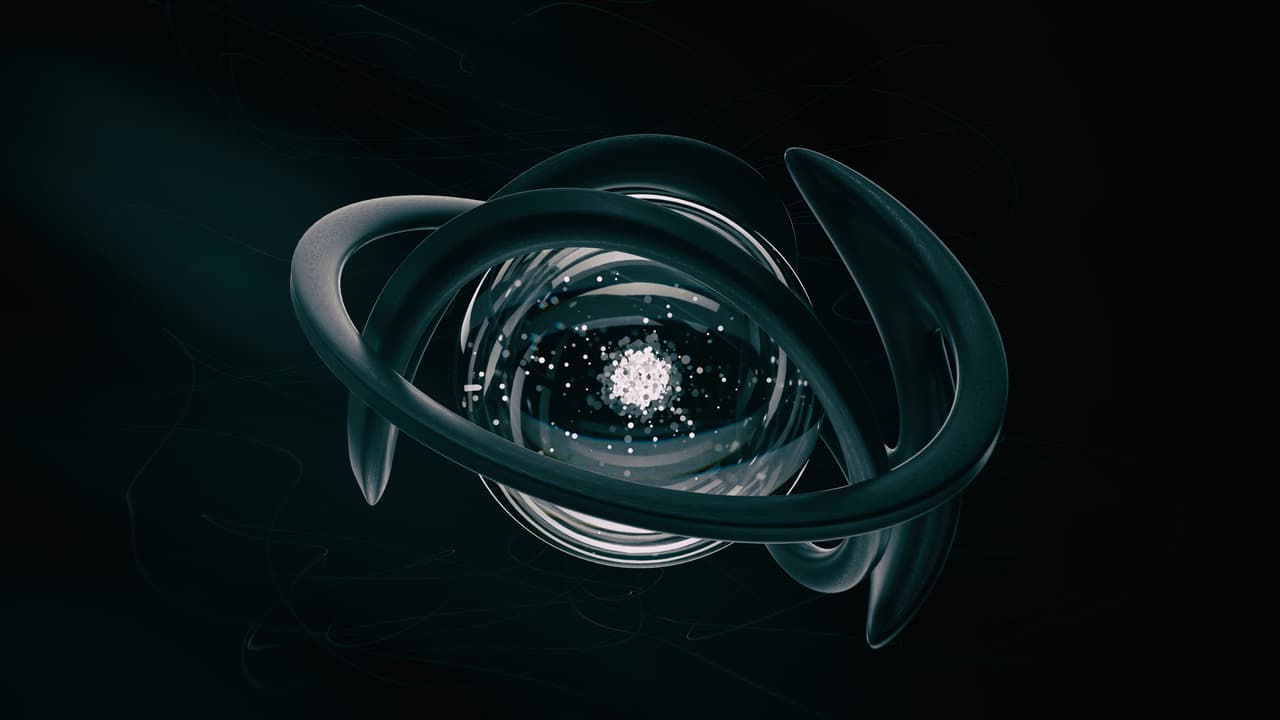Science
New Higgs Boson Decay Paths Discovered at Large Hadron Collider

Physicists at the Large Hadron Collider (LHC) have unveiled significant findings regarding the Higgs boson, revealing two rare decay paths. These discoveries enhance the understanding of the Higgs boson’s behaviour and its consistency with the Standard Model of particle physics. The results were presented by the ATLAS Collaboration during a major physics conference in 2025.
The Higgs boson, often dubbed the “God Particle,” is critical in explaining why particles possess mass. Discovered at CERN in 2012, the Higgs boson operates within the framework of the Standard Model, which describes the interactions of particles and forces in the universe. Researchers continue to investigate its properties, including how it interacts with other particles, potentially uncovering phenomena beyond current scientific understanding.
Key Findings from the ATLAS Collaboration
The ATLAS team focused on two exceptionally rare types of decay of the Higgs boson, examining how this particle transforms into other forms.
The first decay observed was the Higgs boson transforming into two muons (H→μμ). Muons are heavier counterparts to electrons, and this particular decay occurs in only 1 out of every 5,000 Higgs decays. Its significance lies in its ability to provide insights into the Higgs boson’s interactions with lighter particles.
The second decay studied involved the Higgs boson decaying into a Z boson and a photon (H→Zγ), which also represents a rare occurrence. This decay process involves “virtual” particles that appear and disappear in extremely short timeframes. Any involvement of unknown particles in this decay could signify new physics beyond the established Standard Model.
The Challenge of Detection
Detecting these rare decays is akin to finding a needle in a haystack. For the H→μμ decay, scientists searched for a slight increase in data indicating that two muons shared a combined mass of 125 GeV, consistent with the known mass of the Higgs boson. However, numerous muon pairs created by other particle interactions complicate the identification of the actual decay signal.
The H→Zγ decay presents even greater challenges. The Z boson only decays into detectable particles, such as electrons or muons, about 6% of the time. Additionally, overlapping collisions at the LHC make it difficult to differentiate genuine photons from other signals.
Significant Results and Implications
The ATLAS Collaboration reported notable findings from their analyses. For the H→μμ decay, the new dataset revealed stronger evidence at a significance level of 3.4 standard deviations. This indicates a less than 1 in 3,000 chance that the result is coincidental. While this does not constitute a full discovery, it is a substantial step forward.
In contrast, the H→Zγ decay signal was weaker, yet still noteworthy. The analysis demonstrated a result at 2.5 standard deviations, enhancing the sensitivity to this rare decay and establishing the best limit to date on its occurrence.
These discoveries are crucial for verifying whether the Higgs boson behaves as predicted by the Standard Model. Any unexpected behaviour could herald major advancements in physics, potentially leading to the identification of new particles or forces that remain undiscovered.
According to CERN’s official communications, these findings represent a significant leap in particle physics, reinforcing the ongoing quest to comprehend the universe’s fundamental components. As research continues, the implications of these observations may reshape our understanding of the cosmos.
-

 World5 months ago
World5 months agoSBI Announces QIP Floor Price at ₹811.05 Per Share
-

 Lifestyle5 months ago
Lifestyle5 months agoCept Unveils ₹3.1 Crore Urban Mobility Plan for Sustainable Growth
-

 Science4 months ago
Science4 months agoNew Blood Group Discovered in South Indian Woman at Rotary Centre
-

 World5 months ago
World5 months agoTorrential Rains Cause Flash Flooding in New York and New Jersey
-

 Top Stories5 months ago
Top Stories5 months agoKonkani Cultural Organisation to Host Pearl Jubilee in Abu Dhabi
-

 Sports4 months ago
Sports4 months agoBroad Advocates for Bowling Change Ahead of Final Test Against India
-

 Science5 months ago
Science5 months agoNothing Headphone 1 Review: A Bold Contender in Audio Design
-

 Top Stories5 months ago
Top Stories5 months agoAir India Crash Investigation Highlights Boeing Fuel Switch Concerns
-

 Business5 months ago
Business5 months agoIndian Stock Market Rebounds: Sensex and Nifty Rise After Four-Day Decline
-

 Sports4 months ago
Sports4 months agoCristian Totti Retires at 19: Pressure of Fame Takes Toll
-

 Politics5 months ago
Politics5 months agoAbandoned Doberman Finds New Home After Journey to Prague
-

 Top Stories5 months ago
Top Stories5 months agoPatna Bank Manager Abhishek Varun Found Dead in Well









